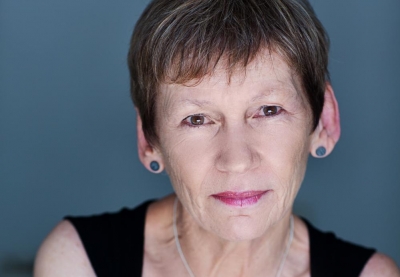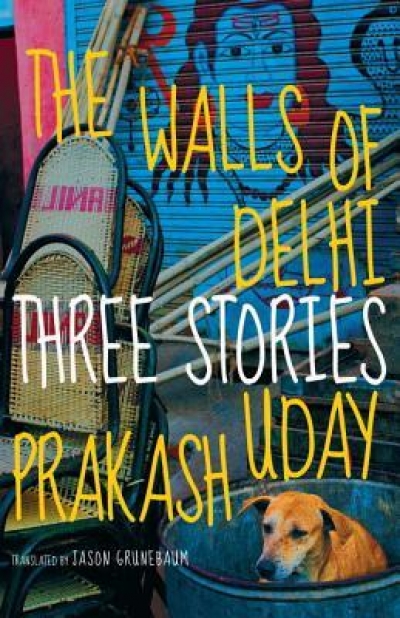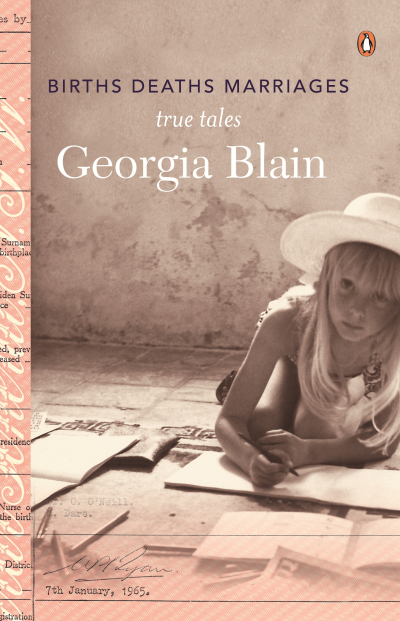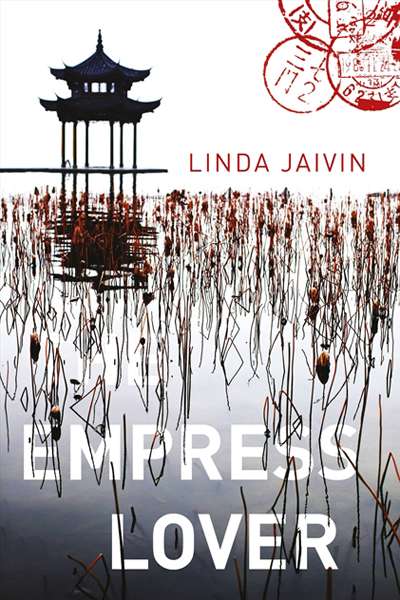Fiction
We All Lived in Bondi Then by Georgia Blain
When Georgia Blain died at the age of fifty-one in 2016, the reading public was robbed of a superb prose writer in her prime. Her final and, some consider, best novel, Between a Wolf and a Dog (2016), achieved wide critical acclaim. Shortly after Blain succumbed to brain cancer, that novel went on to win or be shortlisted in a slew of national prizes.



























